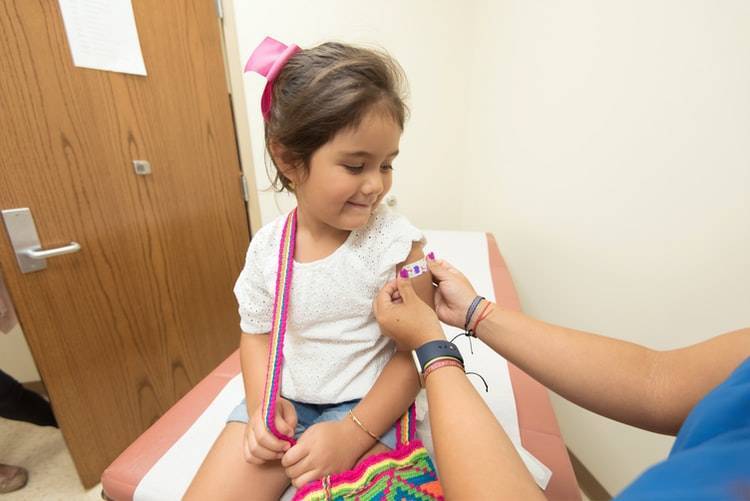Pfizer, the American pharmaceutical giant, stated that the vaccine it developed provides children aged 12-15 years with long-term immunity against the coronavirus. Pfizer released data showing that the vaccine, produced in collaboration with the German company BioNTech, is 100% effective against infection in children aged 12-15, four months after the second dose. The company stated that the results of the third clinical trial showed no serious side effects or safety concerns reported.
In May, U.S. authorities granted emergency use authorization for the vaccine for teenagers and children, and Pfizer hopes that this data, which will be sent to the Food and Drug Administration, will help secure full approval for the vaccine's use. Pfizer also hopes that these results will persuade about a third of American parents who have so far refused to vaccinate their children.
The CEO of BioNTech, Ugur Sahin, mentioned that this data is the first and only information released regarding the safety and efficacy of the vaccine for children aged 12-15. He added that "the accumulated data from the trials we conducted and the monitoring we implemented actually reinforce the evidence affirming the vaccine's efficacy and safety for children and adolescents."
The trial involved 2,228 children in the United States, where half of the group received two doses of the vaccine three weeks apart, while the other half received two placebo doses. Among the participants, there were 30 confirmed cases with symptoms of COVID-19, caused by the coronavirus, without evidence of prior infection, all in the placebo group. This aligns with a 100% efficacy rate for the vaccine, according to Pfizer's data, which stated that the effectiveness of the vaccine remained strong regardless of gender, race, or obesity factors.
The main concern regarding side effects of the vaccine in this age group was myocarditis, a rare type of heart inflammation affecting young males under 30. The data showed that such cases are very rare, while the benefits of vaccination significantly outweigh the risks.




